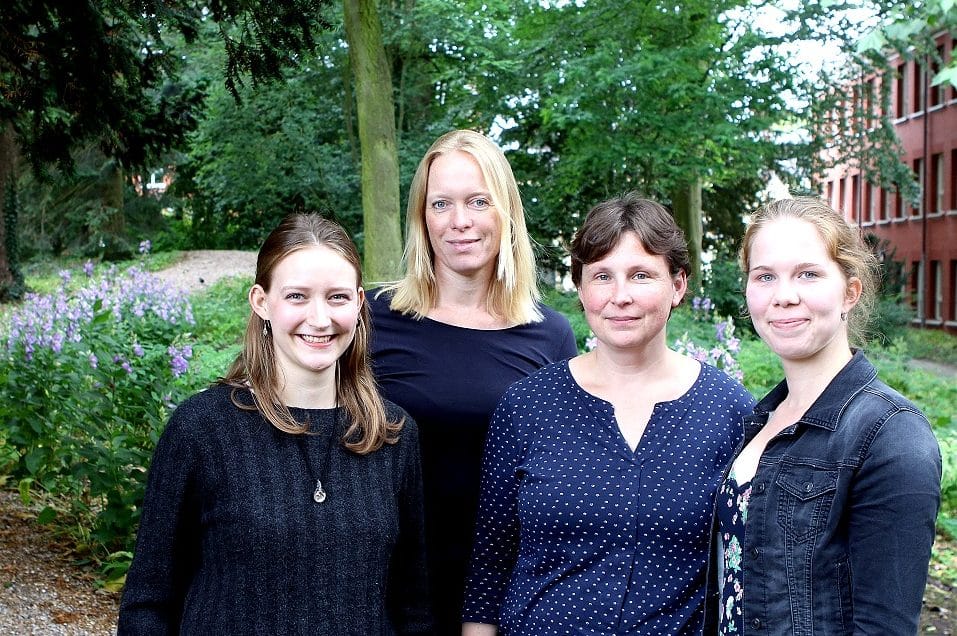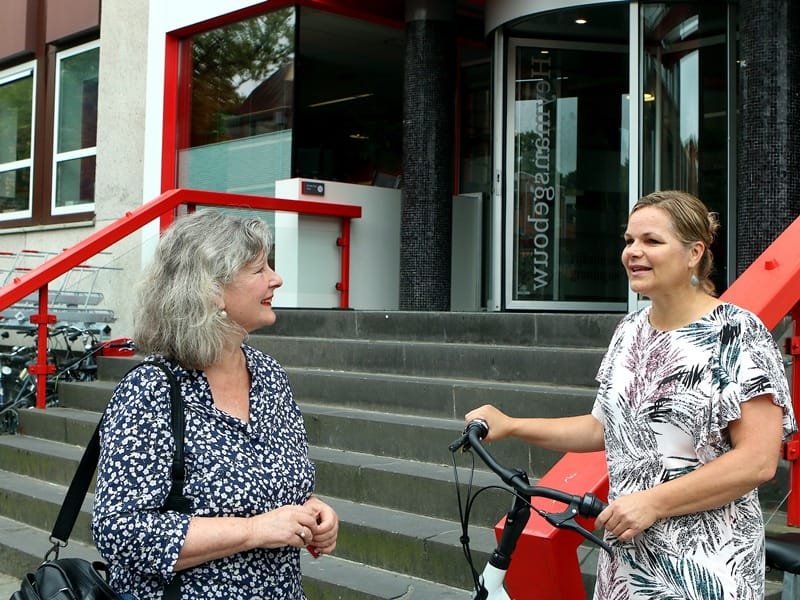Researchers can think very differently about basic concepts. However, when such conceptualizations are only implicitly represented in our work, they can lead to misunderstandings with different scholars, which may result in heated (but probably unnecessary) debates. Here you can read about how such an incident happened to my colleagues and me.
This Blog post describes the current situation concerning a lack of psychological education in high school. The necessity and benefit of psychological education in high school is highlighted using the example of addiction.
Brain areas seem to process and transfer information through brain rhythms. Information seem to be processed and transferred by rhythmic brain activity within and between brain areas. Currently, science tries to understand how these rhythms might be involved in producing actual behavior, and if targeting them with a new form of brain training would help muddle through psychological distress.
Memory is a puzzling concept that has intrigued scientists as well as lay people for decades. Patients with total amnesia give us a sense of how essential memory is: our lives depend on it. In this blog post, the challenge of describing memory is examined from a new perspective.
Maarten Derksen received the prestigious Cheiron book prize for his Histories of Human Engineering. According to the jury, Derksen’s book “rose to the top in a field of candidates that was rich with excellent and interesting work.” And Mindwise was present in Akron, Ohio, when he accepted his prize.
The new BCN newsletter is out this week and we’re really happy to share with you an interview with Sarah Durston, conducted by Jaime Mondragon, PhD candidate from the Medical Faculty. Sarah Durston is a professor at the Univerity Medical Center Utrecht. She is the head of the NICHE (Neuro-Imaging in Childhood) lab in […]
On September 21, the annual PhD Day is organized in the Oosterpoort in Groningen. Both PhD and Research Master students are invited to broaden their research and career perspectives. Mindwise asks a few questions to the chair of PhD Day Groningen 2018 about the highs and lows in her first organizing experience.
After 2.5 years only 11% of the refugees who arrived in the Netherlands in 2014 have found a paid job. Together with The Hague Process, researchers and students from the RUG are investigating the challenges refugees face when finding a job and are developing a training to prepare Dutch employers to hire and integrate new refugees. Society and science can learn from each other.
Clinical psychology training centers around the scientist-practitioner model, which posits that psychologists working in mental health care (MHC) should combine clinical practice (i.e., assessment, diagnosis, and treatment of people with psychological problems) with scientific research (e.g., participating in clinical trials of new psychological therapies, conducting literature reviews). Yet MHC institutes may also employ psychologists whose primary task is setting up and executing clinical research.
Second-year Psychology students participating in the University Honours College follow a workshop on Blogging Science, in which they learn to communicate science to the general public, by means of informing, giving an opinion, and relating issues in science to issues in society. This year a selection of these written blog posts is published on Mindwise. Today’s post […]










